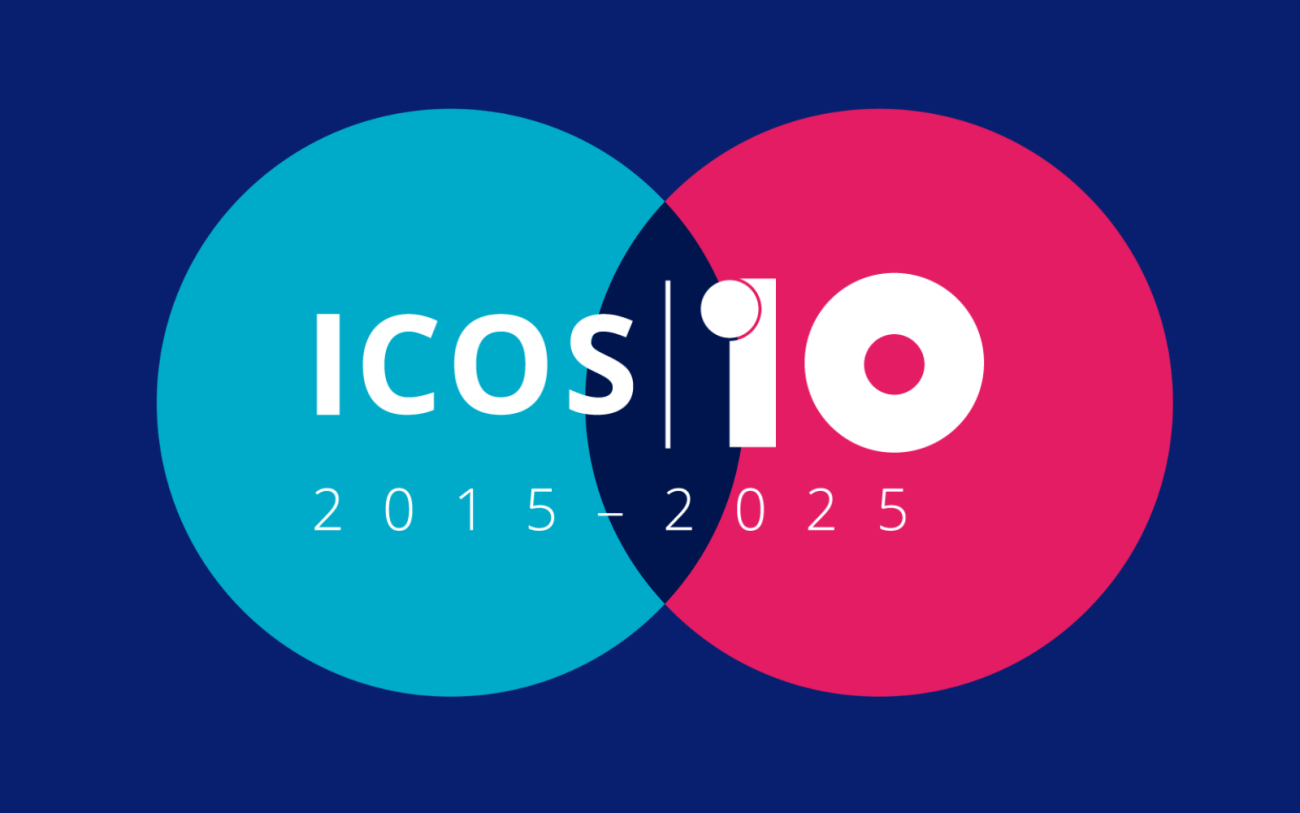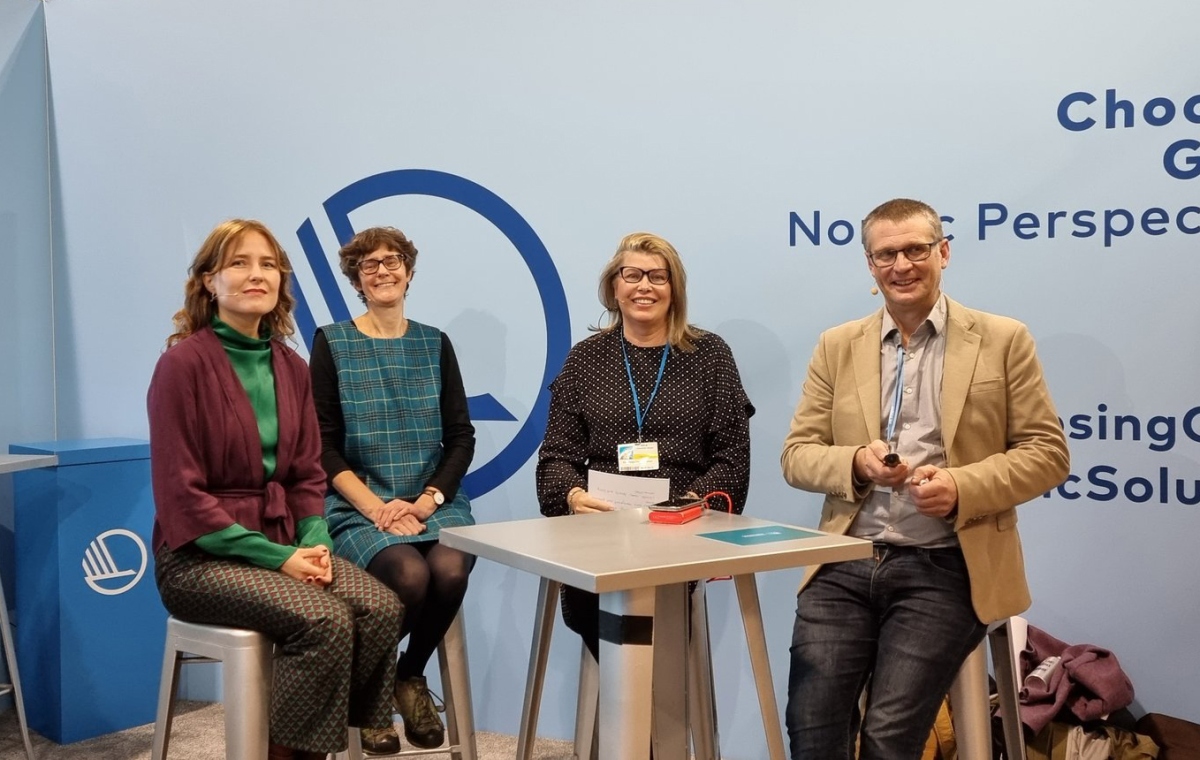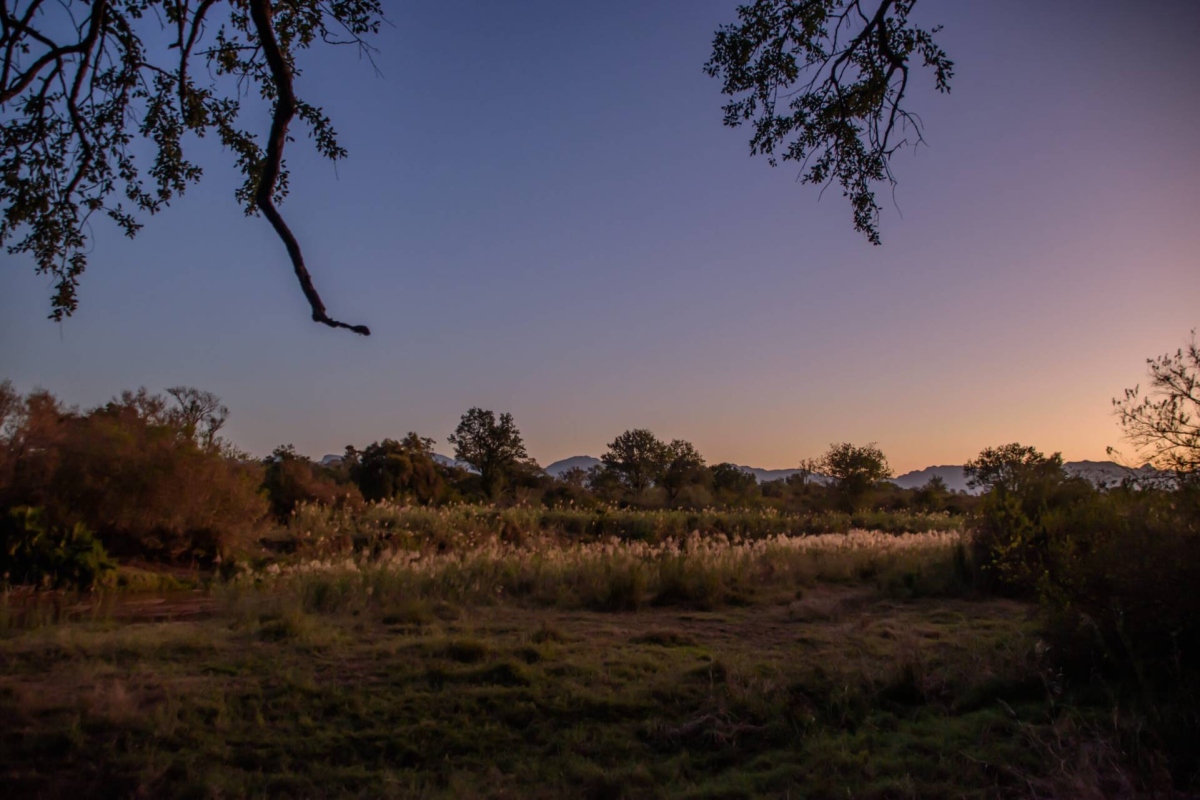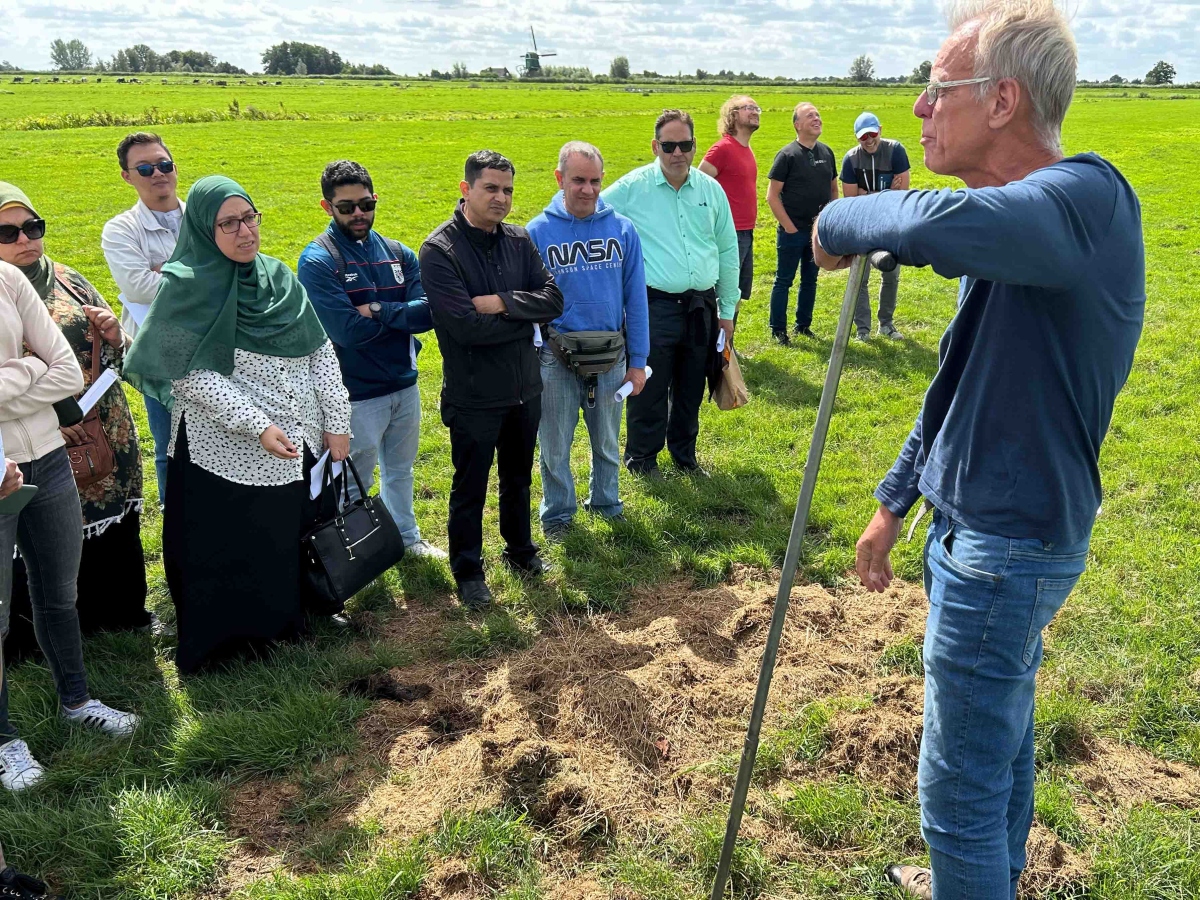
Climate change and greenhouse gas emissions are not solely confined to Europe – the effects of climate change are being felt the world over. Sharing data, knowledge and expertise on dealing with climate change on regional and global scales is therefore crucial. It's for these reasons that ICOS engages in collaboration efforts for increased impact and societal relevance.
This dedication to international cooperation and sharing expertise is part of the ICOS Strategy, and underpins activities on the local scale, such as organising ICOS Summer Schools, to contributing to discussions at COP summits.
This piece looks back at some of collaborations participated in and instigated by ICOS and the ICOS community of scientists.
This story is part of a series created for the 10-year anniversary of ICOS, looking back at a decade of ICOS science and achievements. Read the rest of the stories here.
ICOS on the biggest climate stages
2019 saw ICOS accepted as an Observer to the United Nations Framework Convention on Climate Change (UNFCCC). While many ICOS scientists already contributed to the UNFCCC on an individual basis, observer status enhanced the expertise available to policy makers and allowed ICOS as an organisation to submit oral and written statements at COP summits.
- Read the full story: ICOS admitted as an observer to the UN Convention on Climate Change https://www.icos-cp.eu/event/888
Over the years, ICOS expertise on topics such as ocean observations, terrestrial fluxes and urban measurements have contributed to discussions at numerous COP summits.
At COP26 in Glasgow, ICOS organised a side event to discuss cross-sectoral partnerships and nature based solutions in the ocean domain to reach the EU Green Deal and Paris Agreement commitments.
- Read the full story: ICOS at COP26 recap https://www.icos-cp.eu/event/1104

At COP28 in Dubai, ICOS organised and participated in no fewer than 7 side events.
- Read the full story: A look back at COP28 https://www.icos-cp.eu/event/1398
On a research infrastructure (RI) level, the work of ICOS and ICOS projects was a prominent feature of the most recent International Conference on Research Infrastructures (ICRI), held in Brisbane in 2024. The global RI community gathered to discuss the role of RIs in tackling some of the world’s most pressing challenges.
- Read the full story: ICOS and other environmental RIs are key to tackle global climate challenges https://www.icos-cp.eu/news-and-events/news/icos-and-other-environmental-ris-are-key-tackle-global-climate-challenges
A decade of contributing to global greenhouse gas research
In 2020, ICOS signed the Global Ecosystem Research Infrastructure (GERI) agreement along with 5 continental-scale ecosystem observing infrastructures from Africa, Asia, Australia, Europe and North America. GERI is dedicated to better understand how the indicator ecosystems across global biomes function and change to support excellent science and to inform decision-makers addressing grand societal challenges.
- Read the full story: ICOS signs Global Ecosystem Research Infrastructure (GERI) agreement https://www.icos-cp.eu/news-and-events/events/icos-signs-global-ecosystem-research-infrastructure-geri-agreement
In 2025, Alex Vermeulen (Director of ICOS Carbon Portal) and Richard Sanders (Director of ICOS Ocean Thematic Centre) were selected as members of the World Meteorological Organization’s Global Greenhouse Gas Watch (WMO G3W) implementation Task Teams. Their expertise on working with observational data and networks feeds directly into the G3W implementation phase.
- Read the full story: ICOS scientists selected for Global Greenhouse Gas Watch Task Teams https://www.icos-cp.eu/news-and-events/news/icos-scientists-selected-global-greenhouse-gas-watch-task-teams
- Curious to know more about G3W? Read the "The Global Greenhouse Gas Watch: Transforming climate change mitigation accountability" from FLUXES Volume 3: https://www.icos-cp.eu/fluxes/3/global-greenhouse-gas-watch-transforming-climate-change-mitigation-accountability
Projects for developing an African climate monitoring network and services
ICOS has coordinated two projects which look to development environmental monitoring services and infrastructure in Africa – SEACRIFOG and KADI.
In 2020, scientists from SEACRIFOG (Supporting EU-African Cooperation on Research Infrastructures for Food Security and Greenhouse Gas Observations) contributed to a study which provided suggestions on where to prioritise stations that measure greenhouse gases in the atmosphere in Africa. The study addressed each of the main greenhouse gases and their optimal observational locations separately, as well as considering the best network design for the combination of all of these gases.
- Read the full story here: Location, location, location: detecting greenhouse gas emissions in Africa https://www.icos-cp.eu/event/1003
The work of SEACRIFOG has been continued by KADI (Knowledge and Climate Services from an African Observation and Data Research Infrastructure). KADI is an ICOS-coordinated project launched in 2022 which sees African and European research organisations working together in designing an infrastructure concept fitted for the specific characteristics of the tropics and the African continent.
- Read the full story: KADI project continues to build an African greenhouse gas observation infrastructure https://www.icos-cp.eu/event/1276

Eight ICOS Summer Schools and counting
ICOS Summer Schools combine lectures and practical exercises on the global carbon cycle, data management principles and greenhouse gas science, with field trips to ICOS stations and shared interactions between students and the ICOS community of researchers and technicians.
The most recent 8th ICOS Summer School was held in its usual location of Hyytiälä, Finland, in May 2025. Looking to the next 10 years of ICOS, the students presented their vision of the next decade of ICOS.
- Read the full story: Science and sauna – 8th ICOS Summer School successfully held in Hyytiälä, Finland https://www.icos-cp.eu/news-and-events/news/science-and-sauna-8th-icos-summer-school-successfully-held-hyytiala-finland
As part of the NUBICOS project, ICOS Summer Schools are now an annual event, with a new emphasis on global cooperation – a key objective of NUBICOS – a facet of the ICOS Summer School. In 2024, ICOS and WMO jointly held a Summer School in the Netherlands. The goal of this Summer School was capacity-building with professionals working in research institutes and meteorological organisations from under-sampled regions around the world.
- Read more: WMO and NUBICOS hold successful Summer School https://www.icos-cp.eu/news-and-events/news/wmo-and-nubicos-hold-successful-summer-school
